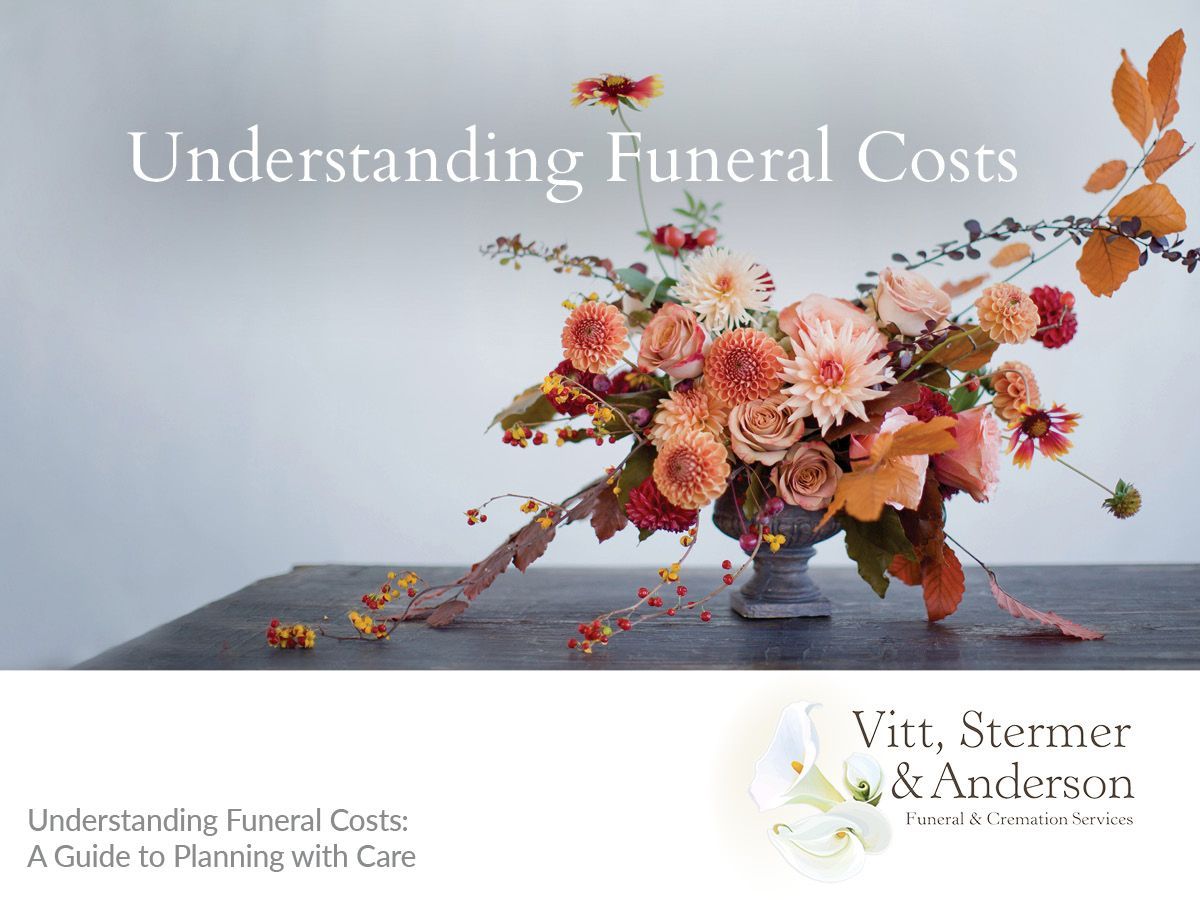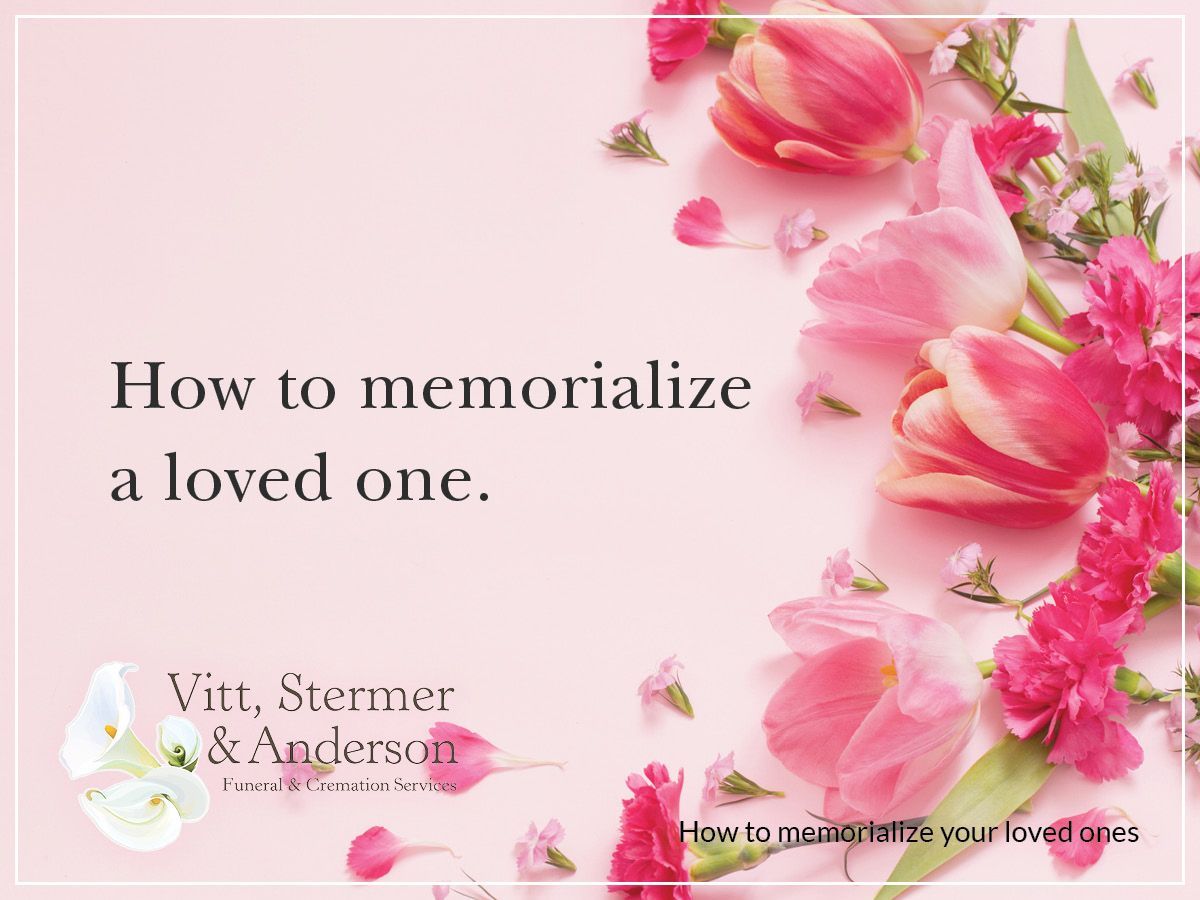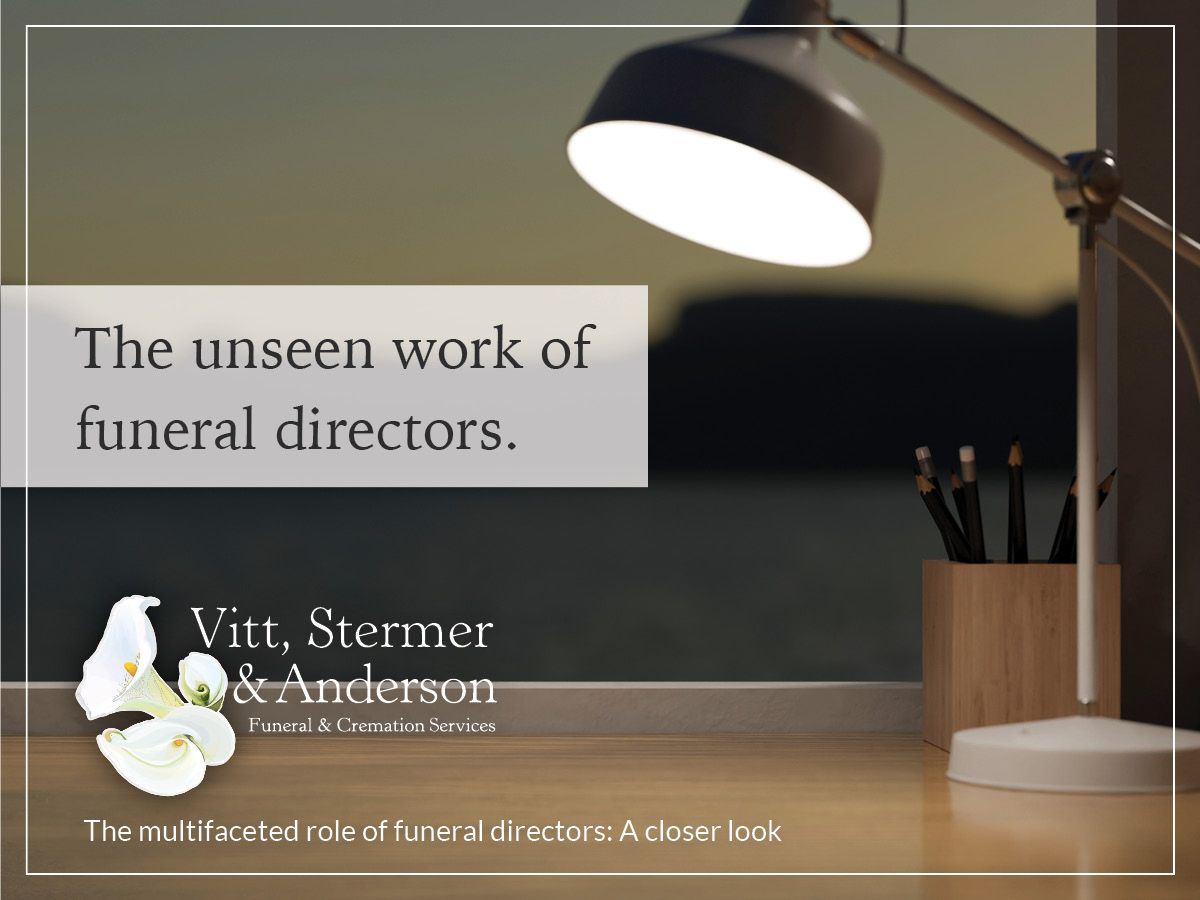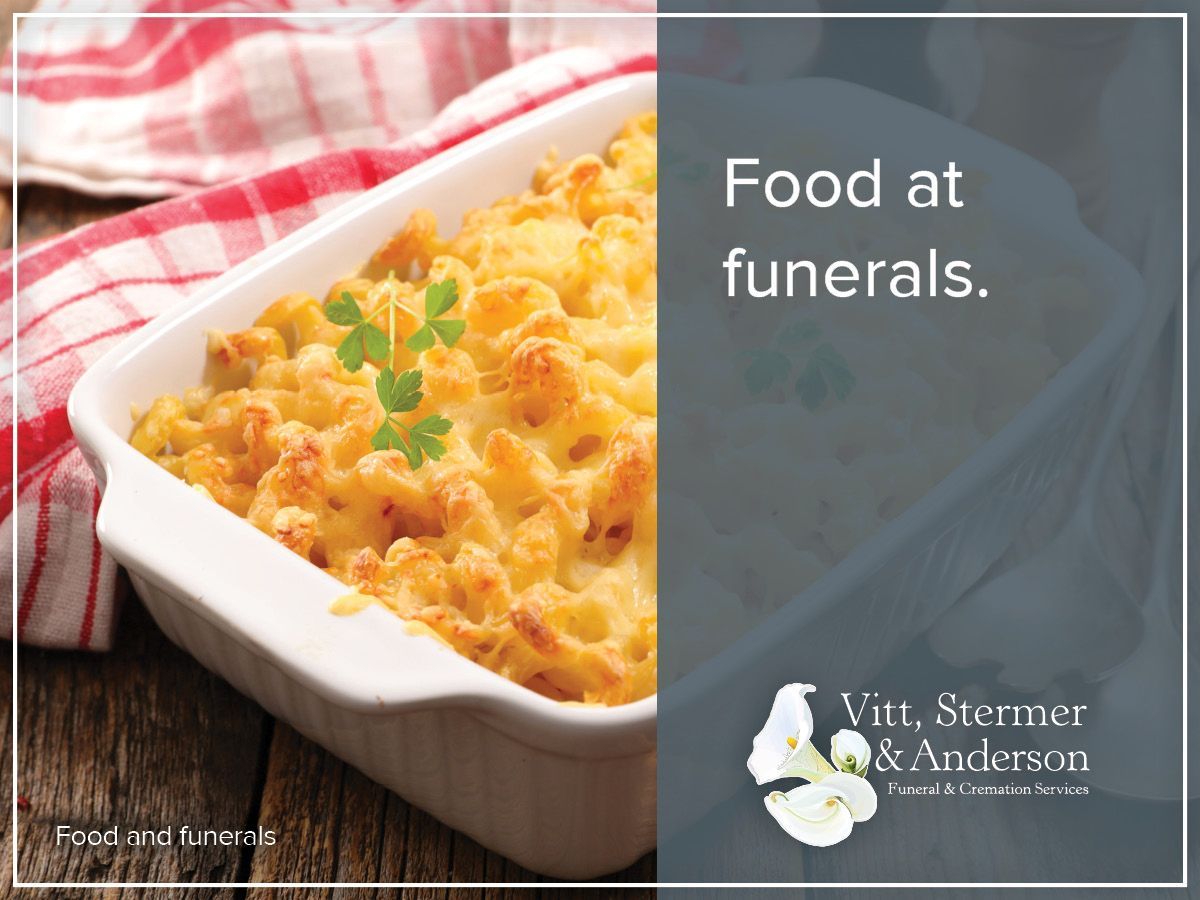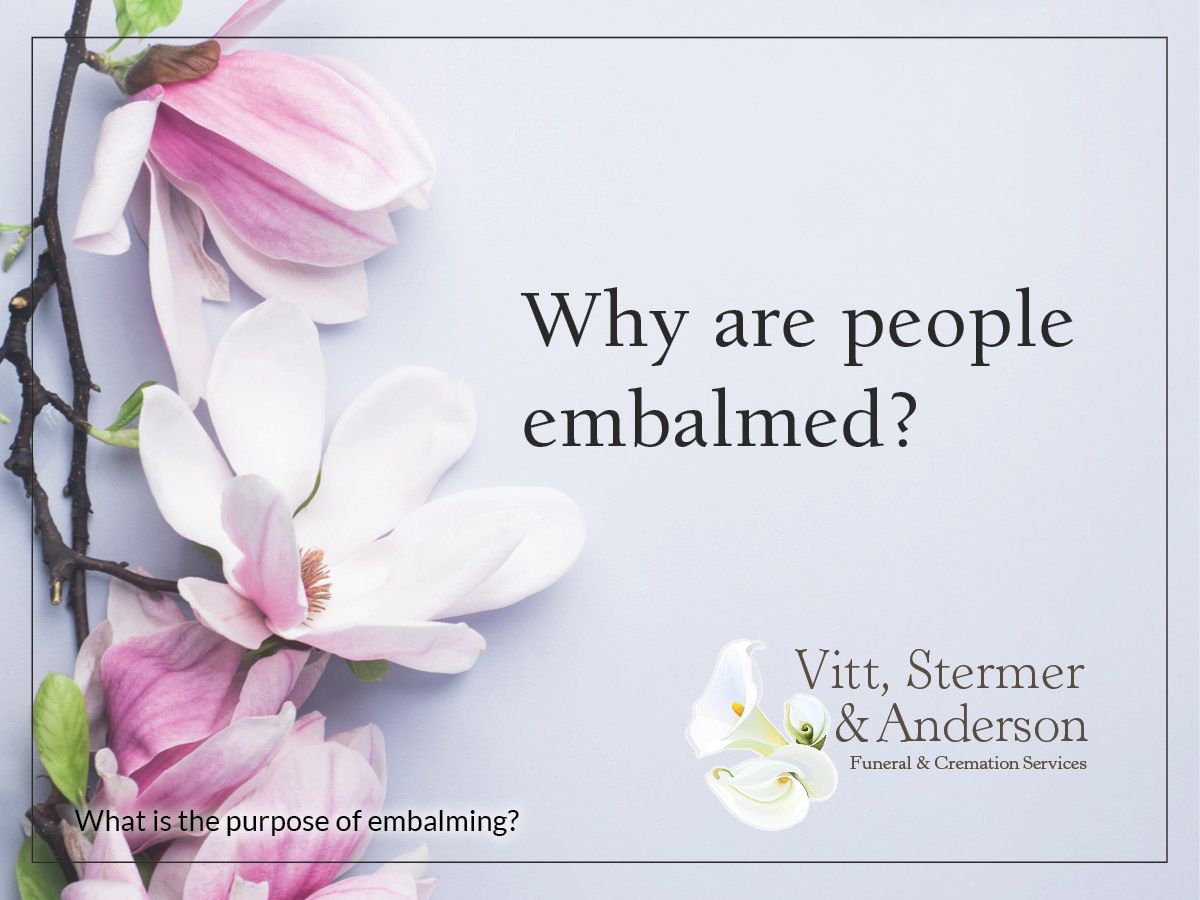Moving on (Too) Quickly for Others
What does grief look like? You might be thinking now about the five stages: anger, denial, bargaining, depression, and acceptance. But what happens when someone goes out of order, skips a step, or doesn’t go through them at all? Although you may think it’s a sign that something is wrong, the truth is that we all experience grief in different ways. And someone may move through grief faster than someone else.
First things first, forget what you know about grief.
In 1969, in her book On Death and Dying , Elisabeth Kübler-Ross introduced the Kübler-Ross model, which became known as the five stages of grief. And although we typically associate this model with describing how we grieve someone’s death, that’s not actually what it was made for. It’s meant to give structure to how someone comes to terms with being diagnosed with a terminal illness. The five stages of grief were never about grieving a loved one’s death.
However, other studies have tried to apply the model to grieving a loved one, only to find that it doesn’t really work the way that people believe it does. A 1981 study that looked at individuals who had been widowed for various lengths of time found that the pain and stress of widowhood persisted for years, with no subjects falling into particular stages at certain times, as the five stages of grief suggested they would. A 2002 study took a look at people before and after their spouses’ deaths and found that only 11 percent followed the Kübler-Ross model’s trajectory.
So, if the five stages of grief aren’t scientifically accurate, why do we hold onto this idea that there’s a “right” way to grieve? When a daughter loses a father, is she wrong to go back to work the same week? When a husband loses a wife, is he wrong to be on a dating app by the end of the year? Perhaps yes and perhaps no. But these feelings are personal. And although you may imagine that you’d grieve in a certain way if you lost someone close to you, you cannot know what their grief is like.
What should you do if someone you love is moving on “too” quickly?
One thing that should be considered before you try to intervene when you think someone is moving on very quickly is whether or not they are really moving on at all. In the case of a daughter going back to work, she might not be trying to move on. She might simply be looking for a distraction because being at home is too painful. In which case, be kind and don’t remind her of her loss. Be a friend, let her talk to you about her loss if she wants to, and otherwise be someone she can turn to when she needs to take her mind off grief or funeral planning. Although she may look like she’s moving on quickly on the outside, she might still be grieving, just in a different way from your personal grieving process.
But what about a husband who is looking to remarry soon after losing his spouse? Men are significantly more likely to begin dating after being widowed, and they’re more likely to do it sooner as well. After 25 months following the loss of a spouse, 61 percent of men are in a new relationship, compared to just 19 percent of women. So, do most men then move on too quickly? Regardless of gender, people who remarry after their spouse’s death report lower levels of depression and greater life satisfaction and well-being than those who don’t. But because men are more likely to have fewer friends than women, husbands often rely on their wives as their primary source of emotional and social support. When a wife dies, a husband may suddenly feel cut off from those crucial outlets, which propels him into the dating world sooner than a woman who lost her husband.
Should you intervene if someone you love is looking for love after losing their spouse? If you’re very close, you may consider voicing your concerns, but keep in mind what they gain in their life by remarrying. The thing about moving on is that it’s taking steps to keep living. It doesn’t mean that there’s no grief remaining. A person who loses a spouse needs to learn to live without them, but they still will miss their presence. And if that person remarries, it doesn’t mean that they’re replacing their spouses, nor are they trying to forget their spouse and all the memories they made together. They’re just searching for more fulfillment in their lives, and for many people, that includes learning to love again.
Ultimately, only one person can decide if they’re ready to move on, and that’s the person who lost their loved one. If you think you’re ready to move on in terms of dating again, it’s important to ask yourself if you feel prepared for this new change. Can you let someone else into your life? Can you love your new partner the way they deserve to be loved? If you know wholeheartedly that you can, you’re ready. But no one else can answer those questions but you. And if you’re seeing someone you love move on in a way that you don’t think you could or would, remember that you’re not the one who experienced their grief. Only they know what their grief is like and whether they’re ready to move on. All you can do is be there for them as they try to make this new transition in their life.

